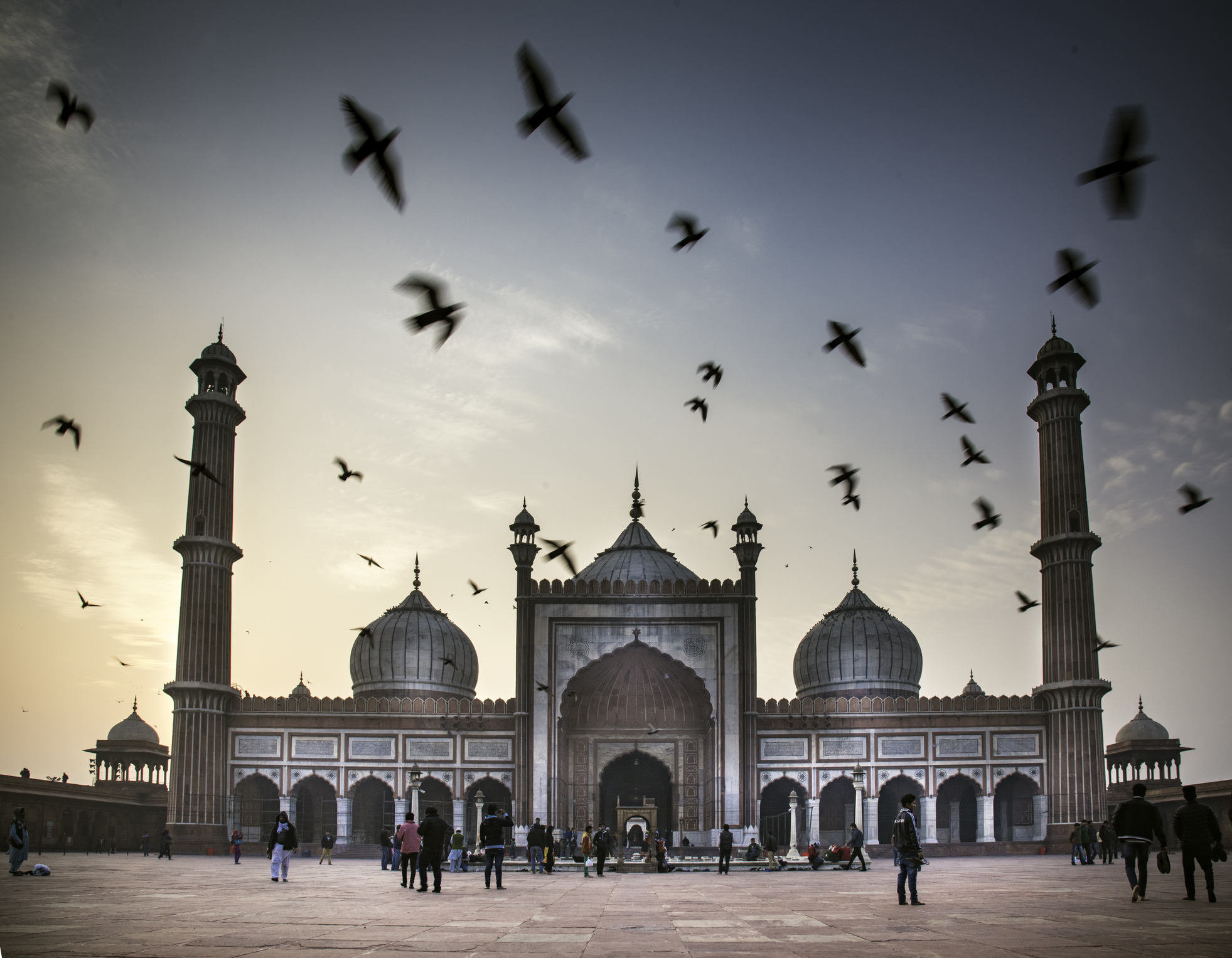A new survey conducted by the Pew Research Center about religion across India has been released to the general public. It is based on nearly 30,000 face-to-face interviews of adults between late 2019 and early 2020.
The report entitled “Religion in India, Tolerance and Segregation” highlights the views of different religious groups throughout the country. Hindus are the overwhelming majority in India at 81% of the population, according to the census conducted in 2011. Islam is the second largest religion in India, with 12.9% of the population being Muslim, making up a sizeable number of just over 97 million adults. This makes India one of the largest Muslim populations in the world. And while the overwhelming majority of Indians say it is important to respect all religions, most feel that they have little in common with each other and many would prefer to live separately.
This extensive report, shows that Indians of all religions, including Muslims, feel a strong sense of patriotism towards their country, with 91% thinking it is “very important” to their religious identity.
Despite the population of almost 1 billion enjoying religious freedom in India, there are perceptions of discrimination against Muslims and the Muslim community, which appears to vary depending on the individual’s level of religious observance. For example, 26% of Muslims across the country who pray daily says there is a lot of discrimination against Muslims, compared with 19% of Muslims who pray less often. The difference is particularly true in the north of the country, where 39% of Muslims who pray every day say there is a lot of discrimination against Muslims in India, roughly twice the share among those in the same region who pray less often at 20%.
Based on where in the country Muslims live, 40% of those in northern India and 36% in the north east say they have faced religious discrimination recently, compared to one in five in the southern, central, eastern and western regions.
Here are some key findings from the report:
- Muslims in India are more likely than Hindus to say their identity is only a matter of religion (38%) and less likely to view being Muslim exclusively as a matter of ancestry and/or culture (22%). Like Hindus, however, many say being Muslim is a combination of these things (38%).
- Indian Muslims also express differing views on what it means to be Muslim depending on where they live. A majority of Muslims in the central region (63%) say that to them, being Muslim is a matter only of religion, while significantly smaller numbers of Muslims express this view in the rest of the country.
- Muslims are more likely than Hindus to say prayer is very important to being a member of their group (96% vs. 82% respectively), although overwhelming percentages of both religious groups view prayer as important.
- 90% of Muslims agree that believing in God, and 83% that helping the poor and needy is central to their religious identity.
- When it comes to respecting India, 91% of Muslims think it is very important to their religious identity.
- About six out of ten Muslims say a person cannot be Muslim if they celebrate Christmas (59%) or Diwali (58%).
- Most Muslims say a person cannot be Muslim if they do not believe in God at 60%, never offer Salat (67%) or never go to the mosque (61%).


















